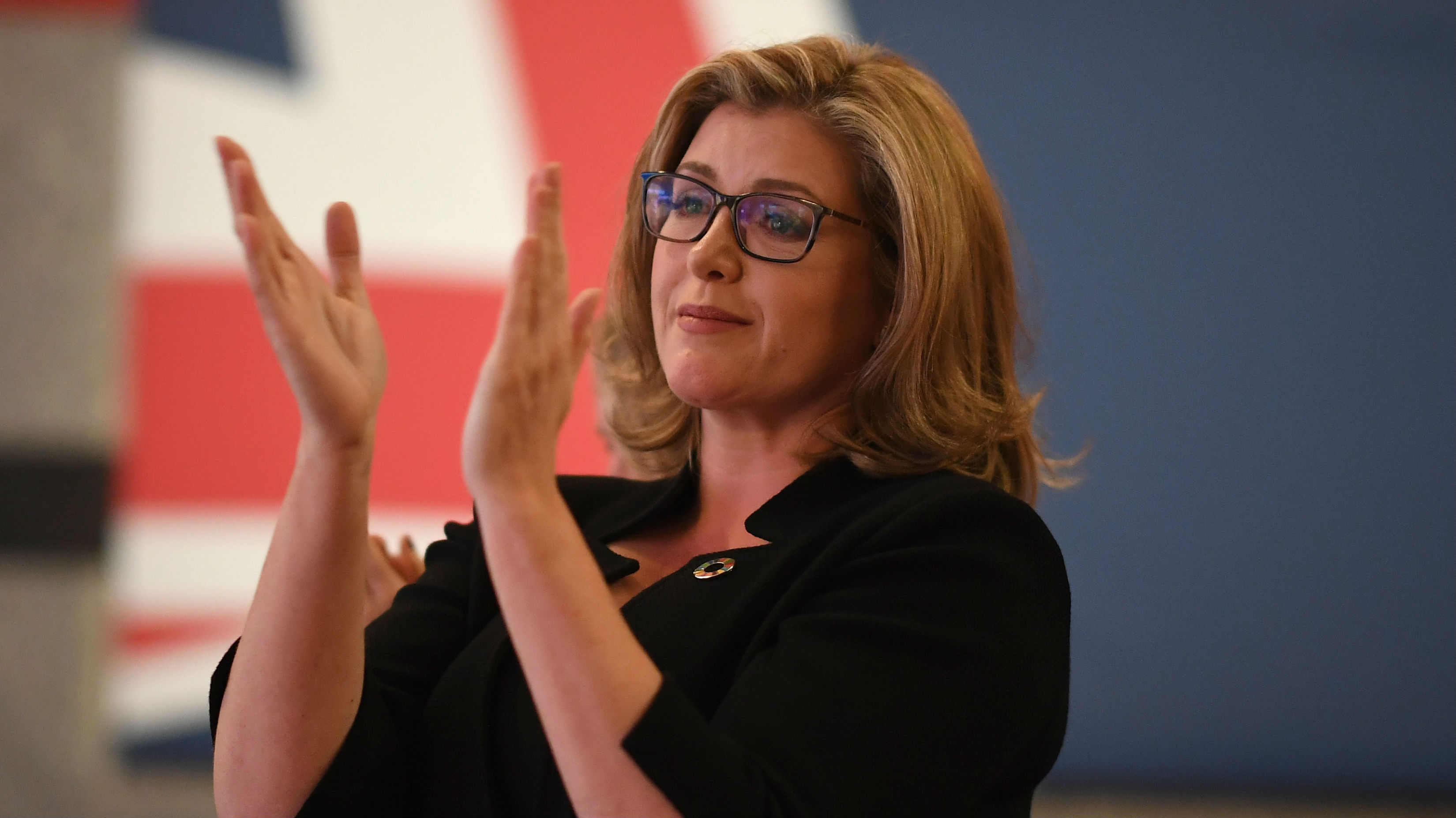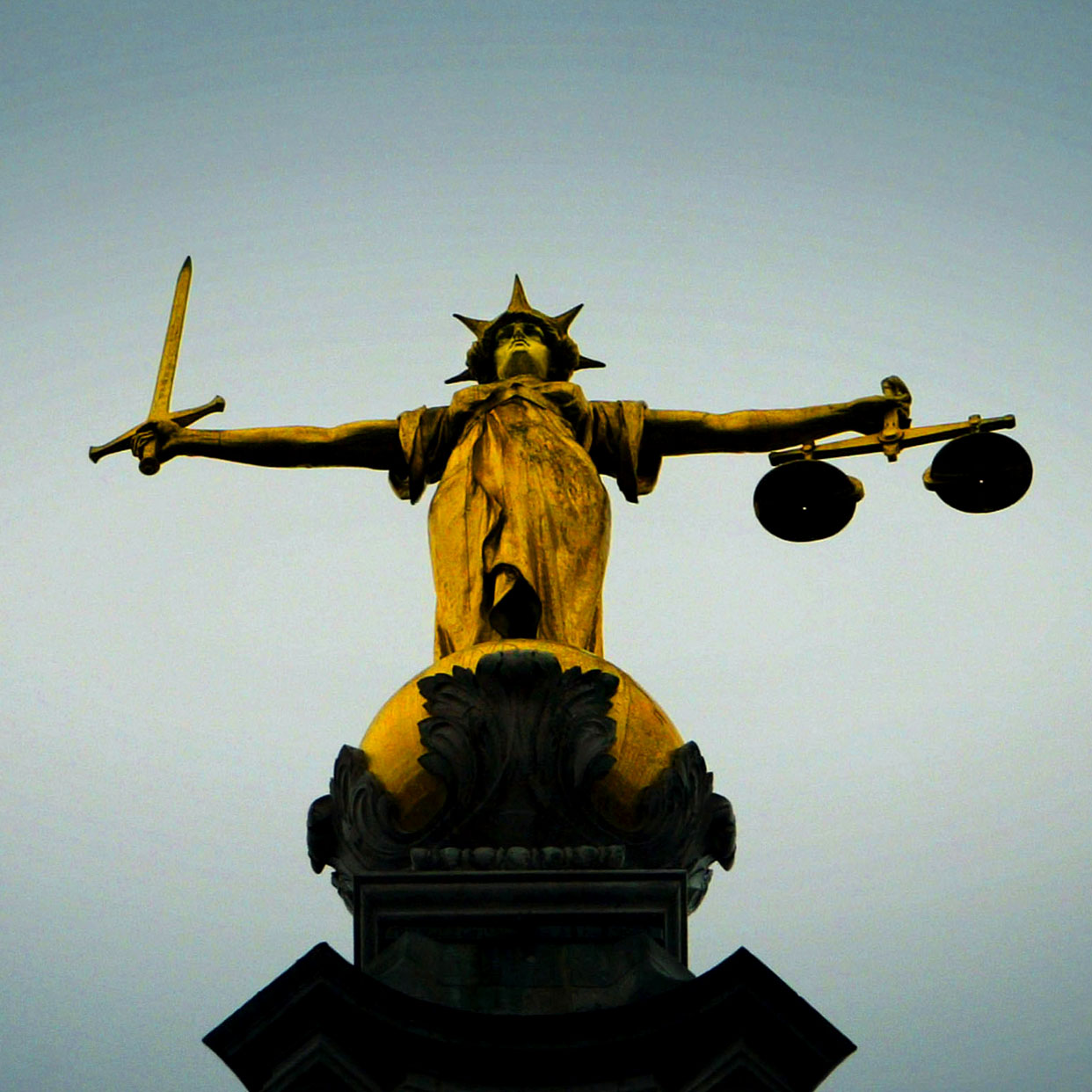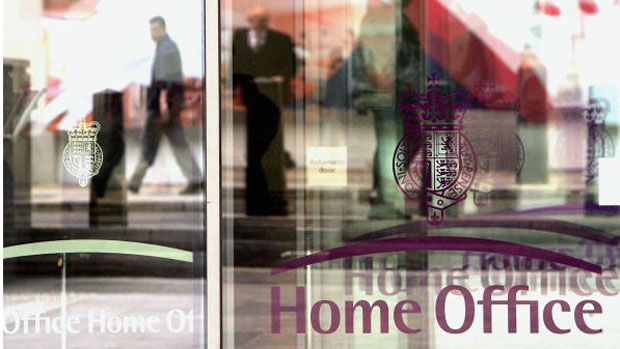Super-injunctions: what are they and who do they protect?
'Gagging orders' are mostly wielded by the rich but the government's use of one on the Afghan data leak raises concerns about information suppression

A free daily email with the biggest news stories of the day – and the best features from TheWeek.com
You are now subscribed
Your newsletter sign-up was successful
Private Eye editor Ian Hislop once called it a legal "weapon" deployed by the rich and powerful. But now the lifting of a super-injunction that blocked the reporting of the calamitous Afghan data leak for more than two years has "raised concerns about government use of the courts to suppress information", said The Times.
Injunction vs super-injunction
An injunction (or an interdict in Scotland) is a court order directing someone to take a particular action or preventing a person from doing something – such as reporting specific confidential or private information. It can be granted for a set period or on an undefined temporary basis. Breaching an injunction can be considered contempt of court, and punished by up to two years in prison or a substantial fine.
A super-injunction "adds an extra layer to this by banning the reporting of the existence of the order itself", said The Independent. "Under a super-injunction, a person cannot publicise or inform others about the existence of the order or the underlying legal proceedings."
The Week
Escape your echo chamber. Get the facts behind the news, plus analysis from multiple perspectives.

Sign up for The Week's Free Newsletters
From our morning news briefing to a weekly Good News Newsletter, get the best of The Week delivered directly to your inbox.
From our morning news briefing to a weekly Good News Newsletter, get the best of The Week delivered directly to your inbox.
How do you get a super-injunction?
Before granting a super-injunction, "the judge will need to be satisfied that there is a justifiable reason with a strong argument", said law firm Alston Asquith. A super-injunction is usually only granted when the publication of the existence of a regular injunction order "would defeat the very object of that injunction in the first place".
Super-injunctions are something of rarity, partly because of how difficult it can be convince a judge to grant one but also because of the sheer expense of trying to secure one. The prohibitive legal costs make them "a privilege of the wealthy and famous", said Alston Asquith.
Once granted, super-injunctions are "so protective of their subjects" that only a few of them have ever become public, said The New York Times. Those we do now know about include multinational commodities firm Trafigura, which in 2009 tried to stop The Guardian reporting on allegations that it was responsible for dumping toxic waste. Footballers John Terry and Ryan Giggs also used super-injunctions to block reporting on their extramarital affairs.
When can they be broken?
Given their highly restrictive nature, the only ways to reveal the existence of a super-injunction is if an existing order expires and a judge refuses to extend it, if the person who sought the super-injunction volunteers the information themselves or if it's disclosed in Parliament (as happened in Ryan Giggs' case): parliamentary privilege means MPs and lords are not bound by the rules of injunctions when speaking within the Houses of Parliament.
A free daily email with the biggest news stories of the day – and the best features from TheWeek.com
An injunction or super-injunction issued in the UK cannot be enforced in jurisdictions beyond the scope of UK courts, however. This has been a particular headache in the internet age, when overseas news publications and social media accounts are easily accessible from the UK.
Why was the Afghan super-injunction special?
The Afghan leak super-injunction has widely been described as "unprecedented". And there are three key reasons why, said London's The Standard. Firstly, "it is thought this was the first time that the government has sought such an order against the media". Second is the length of the proceedings, it having taken more than two years for the order to be lifted. Finally, this super-injunction was granted "contra mundum" ("against the world"), rather than against any specific media organisations, "meaning that any third parties who became aware of the proceedings were covered by the order, even if they were not named".
In effect, the "gagging power" of the government's super-injunction was "so wide-ranging that journalists were prevented from asking basic questions about how the leak happened, who knew what when and who should be held to account", said The Times.
"Parliament was misled and important scrutiny of a multibillion-pound operation to handle the fallout and rescue potentially endangered Afghans was impossible."
-
 James Van Der Beek obituary: fresh-faced Dawson’s Creek star
James Van Der Beek obituary: fresh-faced Dawson’s Creek starIn The Spotlight Van Der Beek fronted one of the most successful teen dramas of the 90s – but his Dawson fame proved a double-edged sword
-
 Is Andrew’s arrest the end for the monarchy?
Is Andrew’s arrest the end for the monarchy?Today's Big Question The King has distanced the Royal Family from his disgraced brother but a ‘fit of revolutionary disgust’ could still wipe them out
-
 Quiz of The Week: 14 – 20 February
Quiz of The Week: 14 – 20 FebruaryQuiz Have you been paying attention to The Week’s news?
-
 Why has the Taliban banned pictures of living things?
Why has the Taliban banned pictures of living things?Under The Radar 'Virtue' ministry says banned images are contrary to sharia law
-
 How new military veterans amnesty law will work
How new military veterans amnesty law will workIn Depth Defence Secretary Penny Mordaunt proposes law to prevent war crime prosecutions against British soldiers - with one controversial exception
-
 What is an injunction?
What is an injunction?In Depth Ban on naming of mystery #MeToo businessman has renewed interest in the controversial court orders
-
 Afghan atheist granted asylum in Britain on religious grounds
Afghan atheist granted asylum in Britain on religious groundsSpeed Read Lawyers argued man would face persecution for renouncing his faith if he returned to his homeland